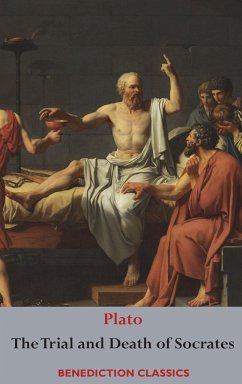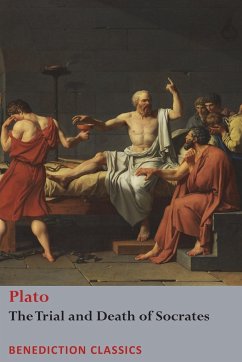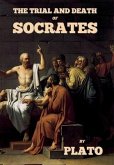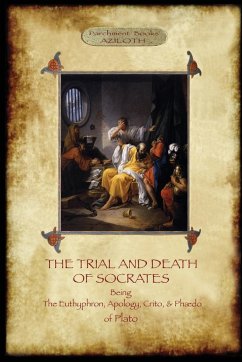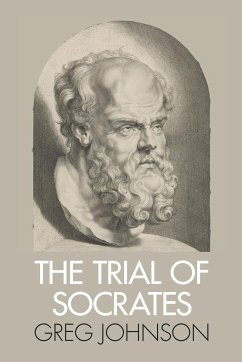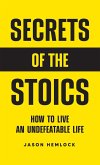The Trial and Death of Socrates is the ideal compendium for a person wanting to learn more about the enigmatic and towering figure of Socrates-the philosopher who has most shaped the western world. This volume contains Euthyphro, The Apology of Socrates, Crito and Phædo. They follow the life, teaching and death of Socrates. These clear English translations make the timeless classics relevant.
Bitte wählen Sie Ihr Anliegen aus.
Rechnungen
Retourenschein anfordern
Bestellstatus
Storno

